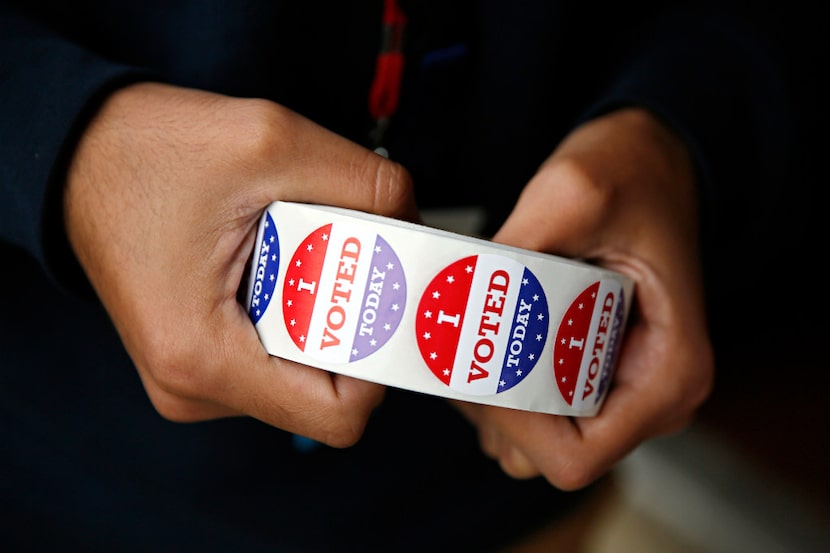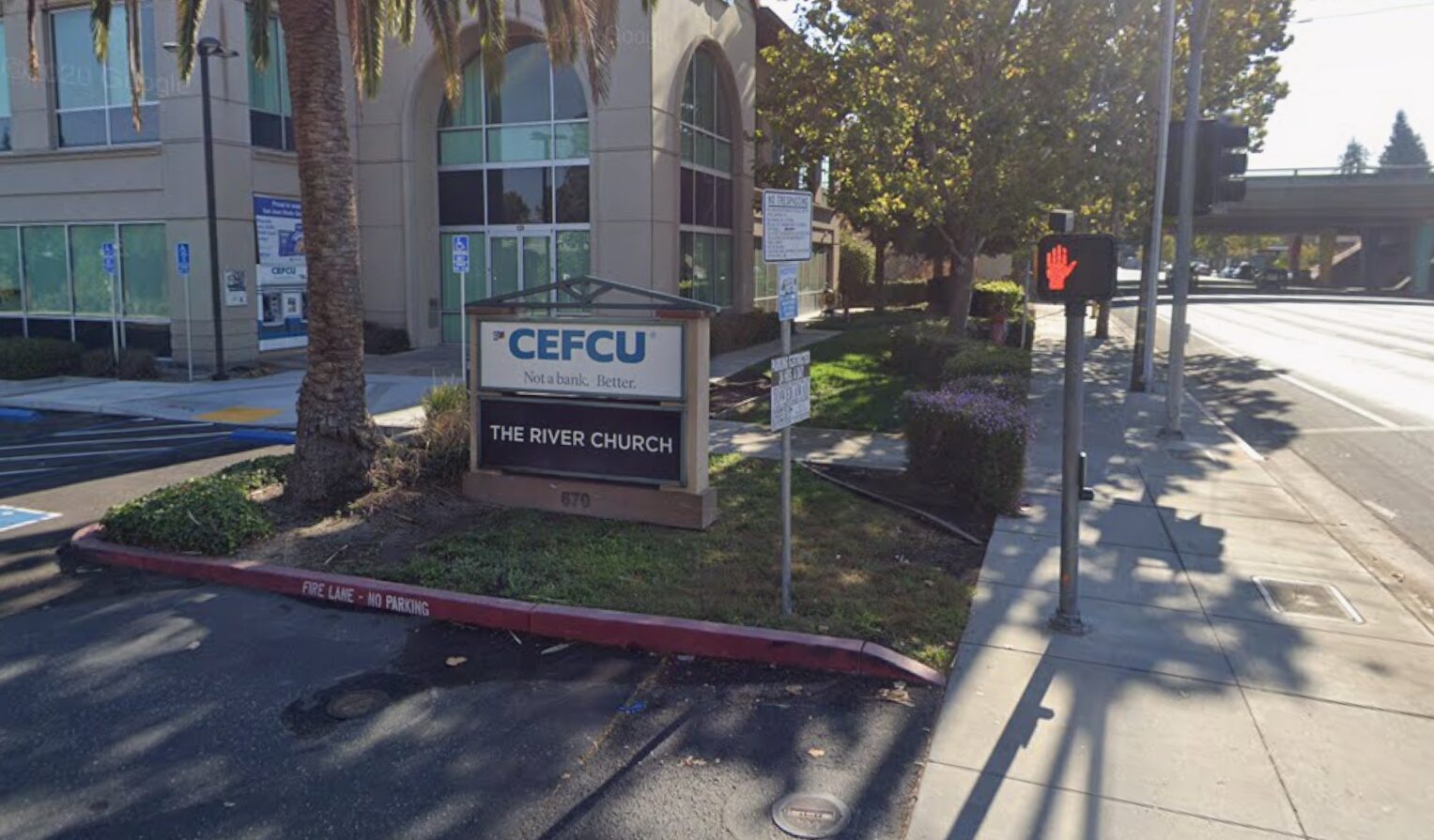UPDATE: Texas officials have just announced a significant enhancement to the state’s voter roll maintenance process, making it easier to verify citizenship status. This development comes as part of a broader initiative by the Trump administration, which has now granted states free access to a vital U.S. Citizenship and Immigration Services tool.
The new tool, known as the Systematic Alien Verification for Entitlements (SAVE) system, allows states to compare voter rolls with citizenship records effectively—an action that could potentially impact over 2,700 voters flagged by Texas Secretary of State Jane Nelson as potential noncitizens. These names have been forwarded to county officials, who are tasked with notifying the voters to confirm their citizenship status, as mandated by Texas law.
This urgent action comes in the wake of a contentious history surrounding voter roll cleanups in Texas. In 2019, a botched attempt by former Secretary of State David Whitley to identify nearly 100,000 noncitizen voters resulted in widespread errors, affecting thousands of eligible voters mistakenly flagged. The current protocol seeks to avoid such mistakes by allowing individuals the opportunity to rectify any wrongful identification.
However, this new process raises pressing questions about privacy and data handling. Concerns are mounting regarding whether the state data collected will be stored federally and who will have access. Recent reports from The New York Times have highlighted fears that the Trump White House may be constructing a national voter roll, a practice previously rejected by past administrations due to potential misuse of sensitive information.
Politicians, including Texas Governor Greg Abbott, have historically leveraged voter roll cleanups to propagate misleading claims about fraud. While the use of the SAVE system is seen as a practical solution to improve verification processes, Texas residents deserve transparency about how their personal information will be managed and shared with federal authorities.
As this situation unfolds, the implications for voter privacy and electoral integrity in Texas remain critical. Stakeholders are urged to monitor developments closely, as the state continues to navigate the complexities of maintaining accurate voter rolls amid ongoing political scrutiny.
What happens next? County officials are expected to begin sending out letters to the flagged voters within days, allowing them a chance to prove their citizenship status. This process will be crucial in ensuring that no eligible voter is unfairly removed from the rolls without a proper review.
Stay tuned for further updates as this story develops.






